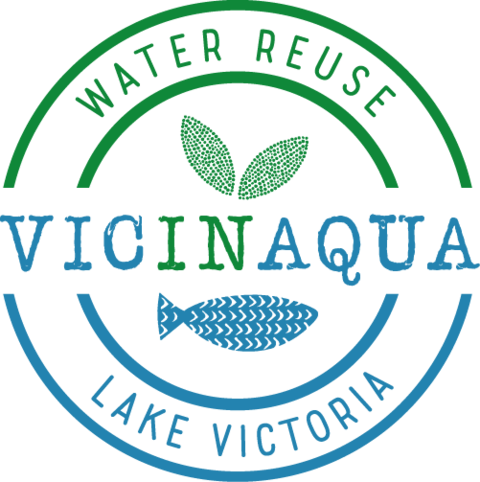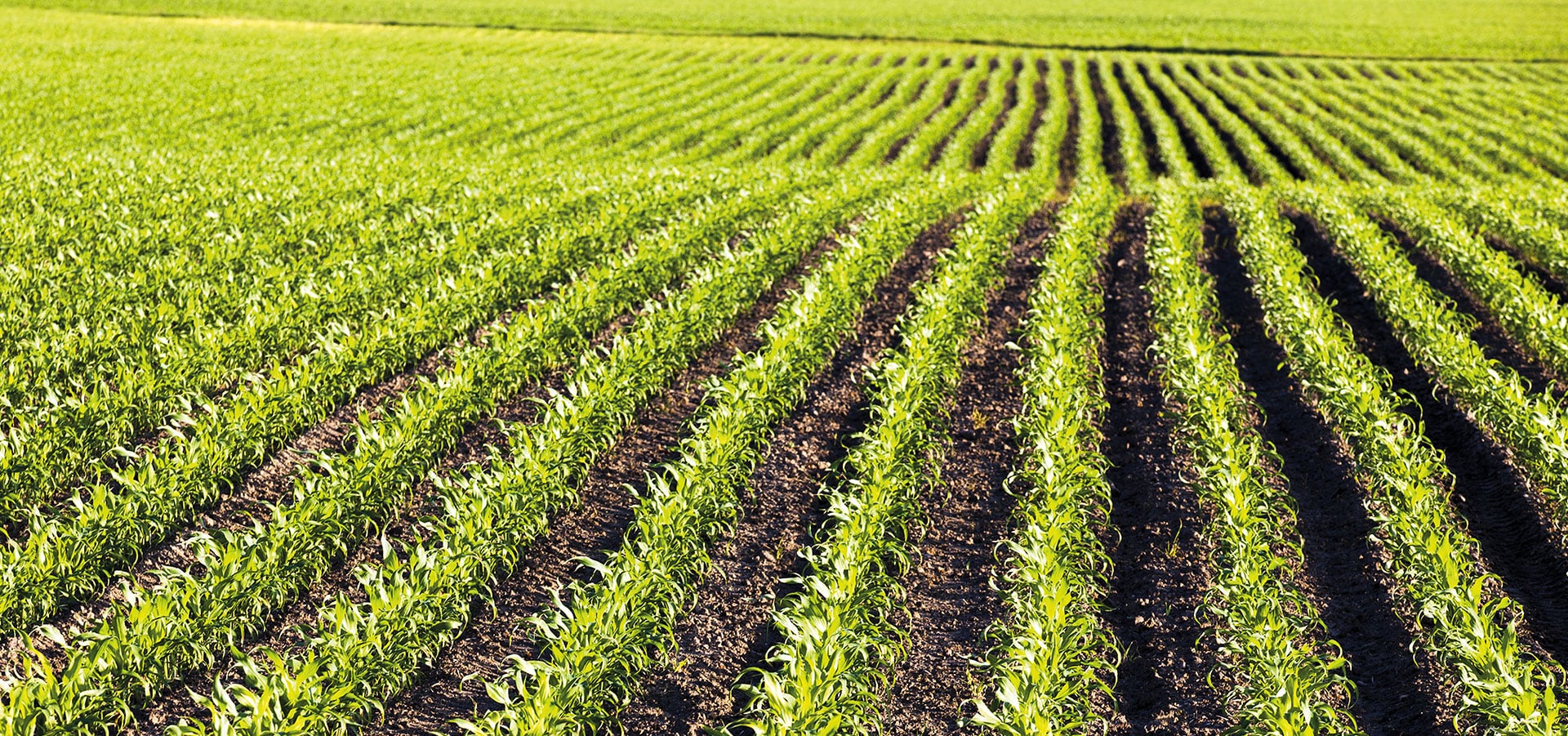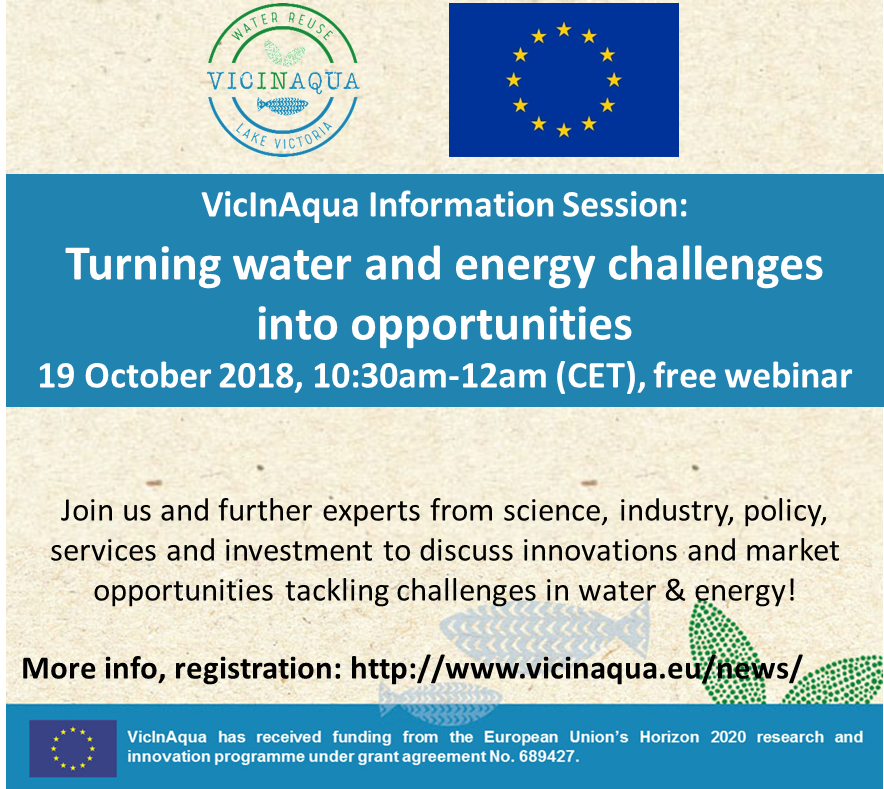Our team organised its second European information session as a free webinar on 19 October 2018. The online platform enabled to reach out to further representatives from industry, research and NGOs wide beyond Europe and will be thus the format of our third and last information session dedicated to these stakeholders.
Coordinator HsKA (Karlsruhe University of Applied Sciences, Germany) presentend our project and its latest progress together with partners ABT (AquaBioTech Group, Malta) and S2i (Steinbeis 2i GmbH, Germany). The presentations showcased the different technologies and innovations in VicInAqua and their applications in aquaculture and irrigation as addressing main challenges in the field of water, food and energy, e.g. water scarcity, depletion of fish resources and power autonomy in remote locations. The webinar was streamed during 1,5 hours with this agenda:
- Introduction
- Water & Energy Challenges
- The Use Case of VicInAqua
– Project overview
– Technologies: MBR (membrane bioreactor), monitoring and control systems, hatchery-RAS (recirculating aquaculture system), renewable energy supply systems
– Integrative approach to address challenges and exploit opportunities - Questions and Answers
Participants were particularly interested in knowing more about the functioning of the MBR system and the possibilty to replicate the pilot easily in other regions with similar conditions as Lake Victoria Basin. The partners also discussed frequently asked questions, such as the lifetime of the membrane in the MBR, the requirements to run the system (e.g. number of people needed to run the pilot) or the level of autonomy of the pilot.
We thank all the participants and look forward to our next session (March 2019, tbc)!



